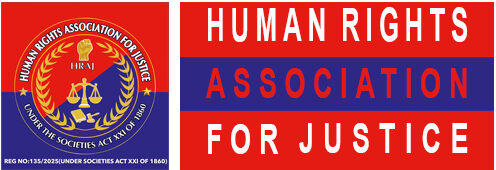Legal Aid and Representation
1: Legal Aid and Representation
🔹 Introduction
Access to justice is a fundamental human right. Legal aid ensures that everyone—regardless of income, status, or background—can defend their rights in court and receive a fair trial.
🔹 What is Legal Aid?
Legal aid refers to free or affordable legal services provided to individuals who cannot afford a lawyer. It includes:
-
Legal advice and consultation
-
Representation in court or tribunals
-
Assistance with legal documents
-
Mediation and dispute resolution services
🔹 Who Can Receive Legal Aid?
Eligibility for legal aid depends on:
-
Income level or financial need
-
Type of legal issue (e.g., discrimination, asylum, abuse)
-
Risk to personal safety or freedom
🔹 Common Human Rights Cases Covered
-
Discrimination and inequality
-
Unlawful detention
-
Gender-based violence
-
Refugee and asylum claims
-
Labor rights violations
-
Police misconduct or torture
🔹 Organizations Providing Legal Aid
Here are some key providers:
-
National Legal Aid Services
-
Government-sponsored programs in most countries
-
-
Non-Governmental Organizations (NGOs)
-
Amnesty International
-
Human Rights First
-
International Justice Mission
-
-
Community-Based Legal Clinics
-
Local support groups often offer free legal clinics and paralegal support
-
-
Bar Associations
-
Many offer pro bono (free) legal representation
-
🔹 How to Access Legal Aid
-
Identify your need (civil, criminal, refugee, labor, etc.)
-
Check eligibility through the local legal aid website or organization
-
Gather your documents: ID, case files, incident reports
-
Apply online or in person
-
Attend consultation with a legal aid provider or lawyer
🔹 Know Your Rights
-
You have the right to legal representation, especially in criminal or life-impacting civil cases
-
Legal advice should be confidential and unbiased
-
No one should be denied aid based on race, gender, nationality, or status
